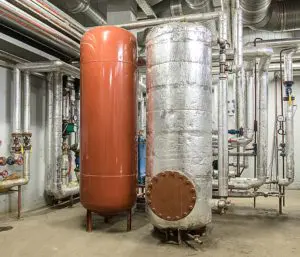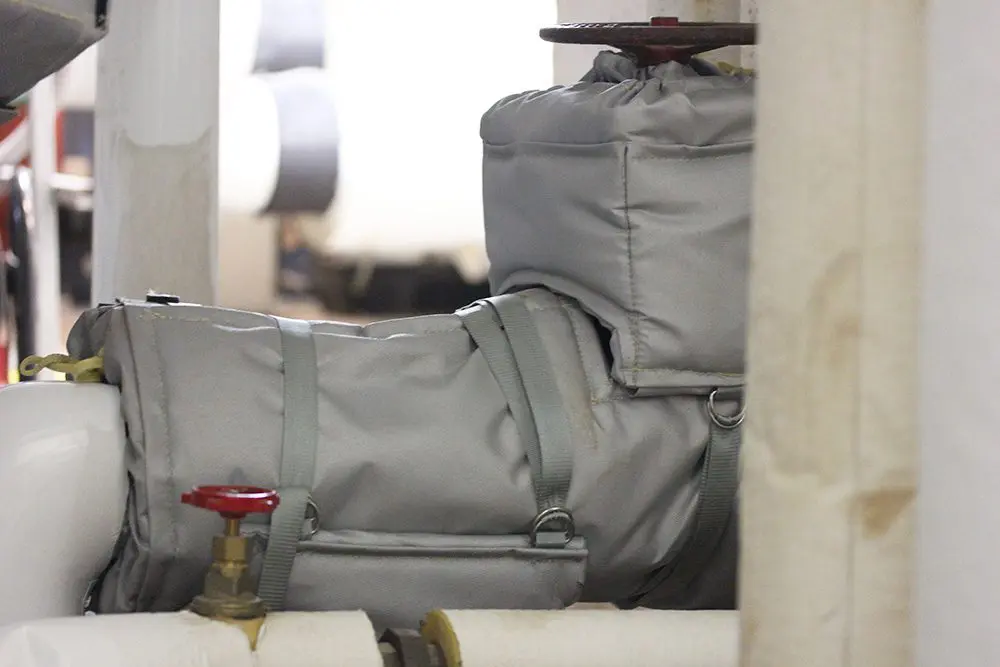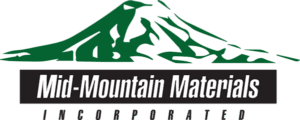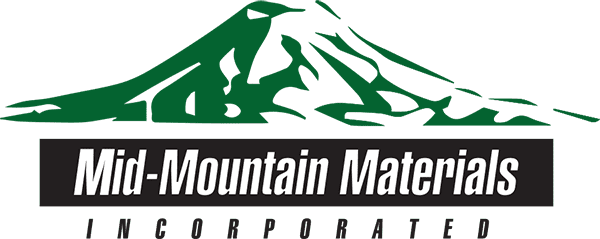A manufacturer is only as good as its industrial processes. If you are in the manufacturing industry, it is crucial to identify areas that are in need of improvement. Ineffective procedures can slow down the production process. This can lead to wasted time and extra costs.
Undertaking industrial process optimization could lower your operational expenses by at least 20-50%. Not only that, but production optimization can deliver competitive benefits over other manufacturers and decrease safety risks. So, it is worth asking the question, how do I improve my industrial processes?
Process optimization in manufacturing focuses on continuous improvement. This includes identifying and eliminating issues in your production process, considering feedback from staff, utilizing process mapping or implementing data-driven technology, such as AI or deep learning. You can even use process mining tools, as they should have a 50% CAGR by 2024. However, you may also want to try using high-temperature seals.

You can enhance your optimization efforts with the use of high-temperature seals as they utilize their sealing capabilities to reduce losses in energy. A lot of industries, including oil and gas, use high-temperature seals because they can maintain their sealing properties and performance at great pressures. High-temperature seals can also be applied in demanding environments, sometimes with temperatures up to 1472°F/800°C.
Using high-temperature seals is the perfect way to optimize your manufacturing processes. They are engineered with a variety of materials to enhance their versatility and suitability for the application. This includes alloys that do not react to heat. Read on to learn more about high-temperature seals and their purpose in process optimization.
The Role of High-Temperature Seals in Industrial Efficiency
The primary function of high-temperature seals is to prevent the leakage of fluids and gasses in machinery and piping systems. This sealing capability is crucial for maintaining operational efficiency and safety.
Leaks can lead to energy losses, reduced equipment performance, and potentially hazardous working conditions. By employing high-temperature seals, industries can ensure tighter control over their processes. They can also minimize downtime due to maintenance and extend the lifespan of their equipment.
High-temperature seals that can offer this type of protection include our THERMOPAK® Die Cut Gaskets. Our variety of gasket materials are available for various applications. Their main purpose is to act as a block to stop any emissions or heat from escaping.
High-temperature seals contribute to process optimization by helping equipment to operate at increased temperatures. The heat resistance of these high-temperature seals is useful in processes where temperature plays a key role in:
- Chemical reactions
- Material properties
- Energy efficiency.
Our THERMOPAK® Fabricated Seals, Curtains, Blankets and Covers can offer extensive protection against heat. Equipment that can use these materials include gas furnaces, oven doors, piping, valves and engines.
In the chemical processing industry, certain reactions require high temperatures to proceed at a desirable rate or to completion. High-temperature seals fabricated from our Armatex® Q refractory coated fabrics and textiles, allow these processes to occur safely. This means they can improve productivity and product quality.

Enhancing Process Optimization with Thermal Insulation Barriers and Heat Shields
Thermal insulation barriers and heat shields are designed to withstand and manage extreme heat. As a result, they can provide essential protection and insulation in industrial settings. Their application across various sectors showcases their versatility and critical role in process optimization. They contribute to industrial efficiency and effectiveness by offering:
1. Energy Efficiency: One of the most immediate benefits of utilizing thermal insulation barriers and heat shields is improved energy efficiency. These tools can minimize heat loss. Therefore, they can ensure that the energy used to generate heat is utilized to its fullest potential.
This conservation of energy reduces the operational costs associated with excessive energy consumption. It also contributes to the sustainability goals of industries by lowering their carbon footprint.
2. Equipment Protection: Industrial equipment exposed to high temperatures over extended periods is susceptible to wear and damage. This could lead to increased maintenance costs and downtime.
Thermal insulation barriers and heat shields provide a protective layer, shielding equipment from direct heat exposure. This protection extends the lifespan of machinery, reduces the frequency of repairs and replacements, and ensures consistent operational performance.
3. Safety Enhancement: High-temperature environments pose significant risks to personnel. These hazards include the potential for burns, heat stress, and fire hazards.
By effectively managing and containing heat, thermal insulation barriers and heat shields contribute to a safer working environment. This helps prevent accidents and injuries. It also ensures compliance with workplace safety regulations to protect employees and employers.
4. Process Stability: Consistency is key in industrial processes, where even minor fluctuations in temperature can lead to significant variations in product quality. Thermal insulation barriers and heat shields help maintain a stable thermal environment.
Through this, they can ensure that processes are carried out under optimal conditions. This stability is crucial for achieving high-quality outputs, reducing waste, and enhancing overall process efficiency.
5. Regulatory Compliance: Industries are often subject to strict regulations regarding emissions, energy efficiency, and workplace safety. The implementation of thermal insulation barriers and heat shields can play a vital role in meeting these regulatory requirements.
By reducing energy consumption and enhancing safety, industries can comply with legal standards, avoid penalties, and demonstrate their commitment to responsible operational practices.
The Future of High-Temperature Seals
The future of high-temperature seals lies in the continued evolution of materials and designs that can withstand ever-increasing temperatures and harsher chemical environments. As industries push the boundaries of what is possible for efficiency and performance, the demand for high-temperature seals that can operate under these extreme conditions will only grow.
Browse Mid-Mountain’s High-Temperature Seals
Your manufacturing equipment plays a vital part in increasing productivity and process improvement. No matter what type of tools you use to uncover data to identify improvement areas, take note of the synergy between high-temperature seals, thermal insulation barriers and heat shields. Together, they offer an excellent solution for optimizing your industrial processes.
Whether you are looking for gaskets or seals that offer resistance against heat and chemicals, or you are looking for versatile materials, like refractory cements, coatings, and moldables, to fill up cracks or breakages in lining, our high-temperature seals can protect your equipment from being damaged due to heat or pressure. Improve your production capabilities and reduce downtime through high-temperature seals.
We understand how important it is to use the right materials to improve your industrial procedures. By employing high-temperature seals in your optimization strategy, you are striving towards creating an environment that is safe and sustainable.
Learn about how our high-temperature seals, thermal temperature barriers and heat shields can support your optimization efforts now.

